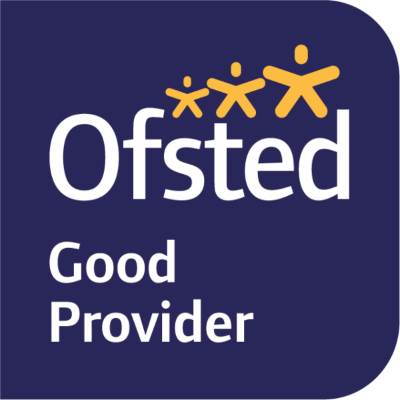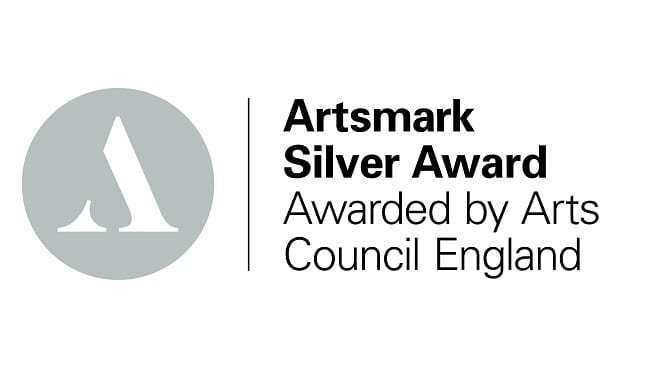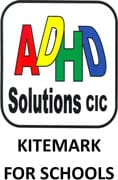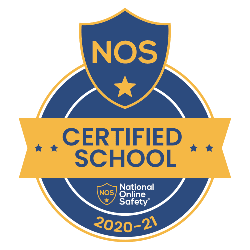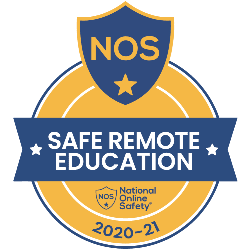Our aim is that our curriculum enthuses, engages and motivates children to learn and foster their curiosity and enthusiasm for learning.
Our curriculum is underpinned by the Early Years Framework for Foundation followed by the National Curriculum (2014) in key stages one and two which we enhance with planned opportunities that make up the wider Thrumpton Primary Academy curriculum.
Learning is always exciting and in a meaningful context for children. Where commonality exists between subjects and aspects, learning is linked and lessons taught using a cross-curricular approach supported by a two-year outline framework. Where this is not achievable, subjects are taught discretely. At the heart of our curriculum is the rigorous development of basic skills.
At Thrumpton, we need to provide our children with stimulating experiences that will encourage children to communicate more effectively and become increasingly more independent in their own thinking and learning if they are to be adequately prepared for their life ahead. This is reflected in our vision statement and starts in Foundation through the development of ‘characteristics of learning’ and continues in key stages one and two through the focused development of these learning to learn skills embedded in the curriculum.
We believe that:
- children should have first-hand experiences enabling a multi-sensory approach to learning
- children should have some ownership of their curriculum
- a curriculum should be flexible to meet the different or changing needs of each cohort of children
- learning activities should enthuse children so they will persevere when faced with difficulties and problems – ‘ believe and achieve’
- learning activities provide opportunities for independent learning and collaborative projects, with a range of teaching strategies employed
- teachers should use expertise, including subject knowledge to develop pupils’ knowledge, skills and understanding in structured way, across a range of subjects and areas of learning
- if children are able to be independent thinkers, teachers need to provide opportunities and well framed questions, knowledgeable answers and use of discussion to promote deeper learning
- children should be given the time and skills to be more reflective and opportunities to self-assess, which in turn will improve independent thinking and learning
- children should be given opportunities to attend extra-curricular clubs and that outside achievements are celebrated as well as school achievements
- value is placed on home learning and the contributions children make are recognised with positive feedback
